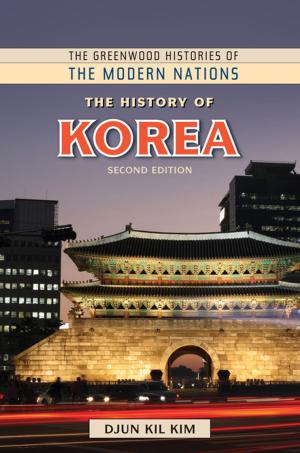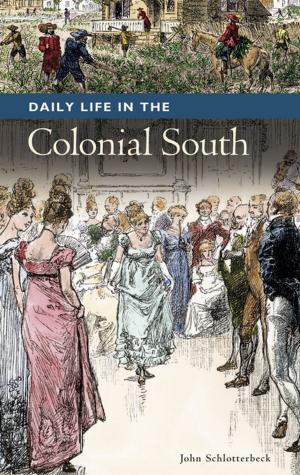| Author: | Alejandro Quintana Ph.D. | ISBN: | 9780313380952 |
| Publisher: | ABC-CLIO | Publication: | January 6, 2012 |
| Imprint: | Greenwood | Language: | English |
| Author: | Alejandro Quintana Ph.D. |
| ISBN: | 9780313380952 |
| Publisher: | ABC-CLIO |
| Publication: | January 6, 2012 |
| Imprint: | Greenwood |
| Language: | English |
Doroteo Arango—much better known as "Pancho Villa"—was one of the revolutionary generals during Mexico's turbulent times in the early 1900s. Villa was a train robber, a cattle thief, and a murderer, yet today he is revered by Mexicans and Americans for his accomplishments, and roads and neighborhoods in Mexico bear his name.|| Pancho Villa: A Biography provides a compelling life story full of adventure, the events of which helped define the course of modern Mexico. Through the lens of Villa's personal experience, author Alejandro Quintana offers an appealing, accessible interpretation of the complex turn of events that define the violence, confusion, chaos, and transformation in Mexico between 1910 and 1923. Organized chronologically, the book details the social tensions under the ruthless rule of dictator Porfirio DÃaz; documents Villa's rise into becoming the most powerful military leader of the revolution; analyzes the civil war that resulted from Villa's differences with the revolutionary political leadership; and describes the reasons for his decline and eventual assassination.
Doroteo Arango—much better known as "Pancho Villa"—was one of the revolutionary generals during Mexico's turbulent times in the early 1900s. Villa was a train robber, a cattle thief, and a murderer, yet today he is revered by Mexicans and Americans for his accomplishments, and roads and neighborhoods in Mexico bear his name.|| Pancho Villa: A Biography provides a compelling life story full of adventure, the events of which helped define the course of modern Mexico. Through the lens of Villa's personal experience, author Alejandro Quintana offers an appealing, accessible interpretation of the complex turn of events that define the violence, confusion, chaos, and transformation in Mexico between 1910 and 1923. Organized chronologically, the book details the social tensions under the ruthless rule of dictator Porfirio DÃaz; documents Villa's rise into becoming the most powerful military leader of the revolution; analyzes the civil war that resulted from Villa's differences with the revolutionary political leadership; and describes the reasons for his decline and eventual assassination.
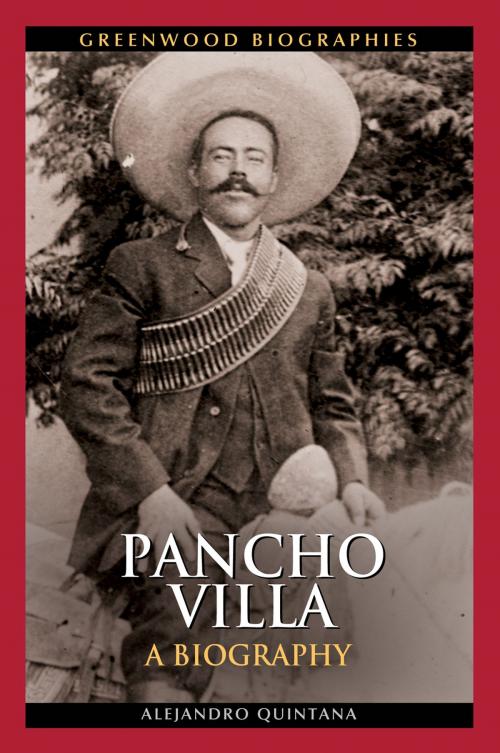
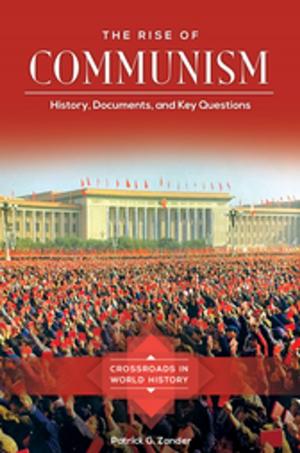
![Cover of the book 50 Events That Shaped American Indian History: An Encyclopedia of the American Mosaic [2 volumes] by Alejandro Quintana Ph.D.](https://www.kuoky.com/images/2016/december/300x300/9781440835773-uoYH_300x.jpg)
![Cover of the book The World of Renaissance Italy: A Daily Life Encyclopedia [2 volumes] by Alejandro Quintana Ph.D.](https://www.kuoky.com/images/2017/june/300x300/9781440829604-MIEC_300x.jpg)
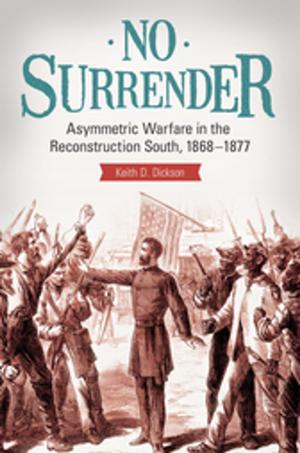
![Cover of the book All Things Julius Caesar: An Encyclopedia of Caesar's World and Legacy [2 volumes] by Alejandro Quintana Ph.D.](https://www.kuoky.com/images/2014/december/300x300/9781440804212-D2Pz_300x.jpg)







